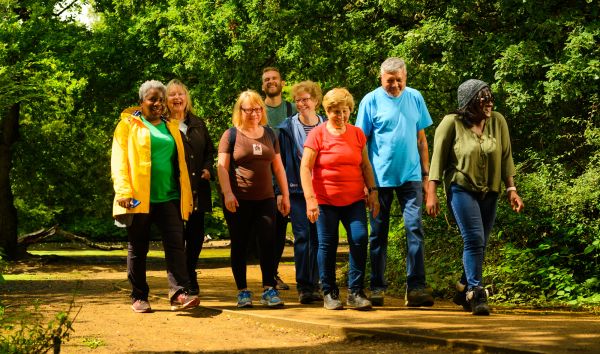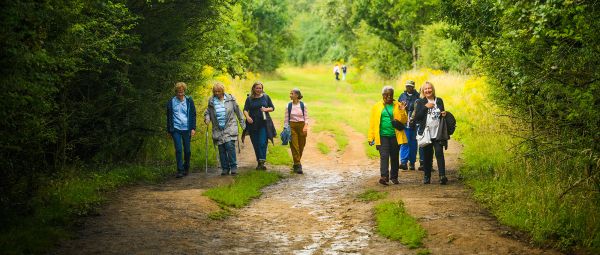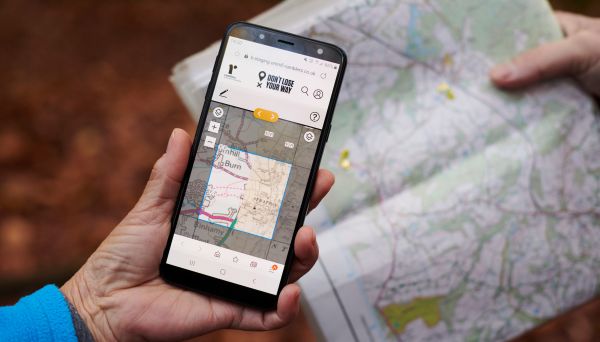Outdoors Unlocked
We’re calling on the government to introduce a transformational new Access to Nature Bill.
 (1).png?itok=CPGuzsq1)
We’re calling on the government to introduce a transformational new Access to Nature Bill. This bill will break down barriers to the outdoors so everyone in England can enjoy the benefits of walking in nature.
Better access could transform the nation’s health and wellbeing and boost economic growth in local communities. Right now, the path network alone adds 3,000 healthy years of life to the population. Imagine the possibilities if the government opened up the outdoors for all.
Who is locked out?
It’s easy to think everyone has the same opportunity to enjoy the outdoors. But look a little deeper and you’ll find lots of barriers standing in the way. In some cases, there is simply nowhere to walk nearby – in this green and pleasant land, 21 million of us don’t have accessible green or blue space within a 15-minute walk of our home.
![]()
There are also physical and social barriers – from unnecessary stiles and gates that can make some routes inaccessible for people with disabilities or limited mobility, to a lack of signs, waymarking and information to help people find their way.
These barriers can only truly be overcome if the government commits to change.
What should the government do?
There are three key steps the government must take to truly unlock the outdoors for all:
1. Create access to nature close to home
People are more likely to spend time outdoors when there are opportunities to walk nearby and can make it part of everyday life. We’re calling on the UK government to:
- Expand the freedom to roam
- Create urban green routes in every city in England
2. Unleash the potential of the paths and access network
England’s path network is a national treasure and is the primary way people access the countryside. But it’s under acute pressure and has suffered from years of neglect. It’s time to fully harness its potential and make it deliver more for the nation. We’re calling on the UK government to:
- Create a more accessible and inclusive path network
- End the threat to unrecorded public rights of way
- Introduce statutory quality standards for public rights of way
- Establish a requirement for local highway authorities to report on their performance
3. Build a plan for the future
Access legislation is failing to address today’s barriers to the outdoors. We need the government to introduce a clear plan to create more opportunities and protect walking in nature for future generations. We’re calling on the UK government to:
- Set legally binding targets for Access to Nature
- Set a clear strategy for meeting Access to Nature targets
- Secure future investment in Access to Nature
Find out more about what we're calling for:
 (headlines)
(headlines)
 (full version)
(full version)

Campaign with us - protect the places we walk
Walking is a simple pleasure that should be open to everyone, so we campaign to remove barriers to walking and we protect the places we love to wander.

Expand the freedom to roam
Help us to expand the freedom to roam. It is one of the biggest things we can do to increase access to the outdoors for everyone.

Don’t Lose Your Way – Saving lost paths
We have searched England and Wales and found over 49,000 miles of paths that could be lost forever. Time is running out to save them for future generations.
.jpg?itok=RhF5SyN1)
Green routes
We think every town and city should have a network of green routes so that everyone can enjoy the benefits of walking in nature.